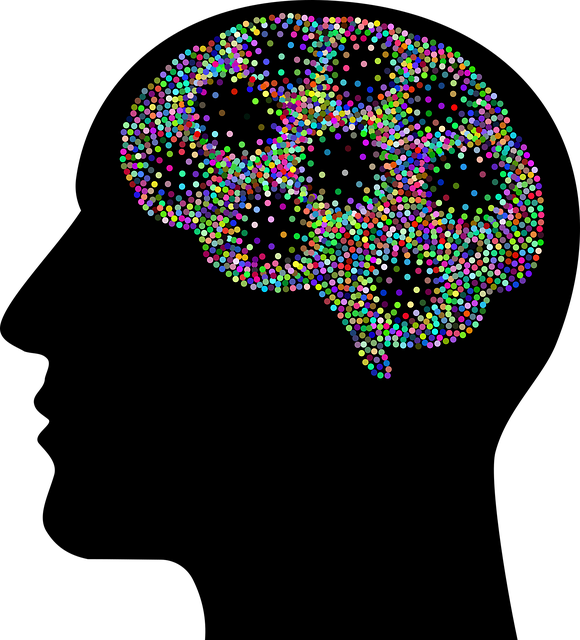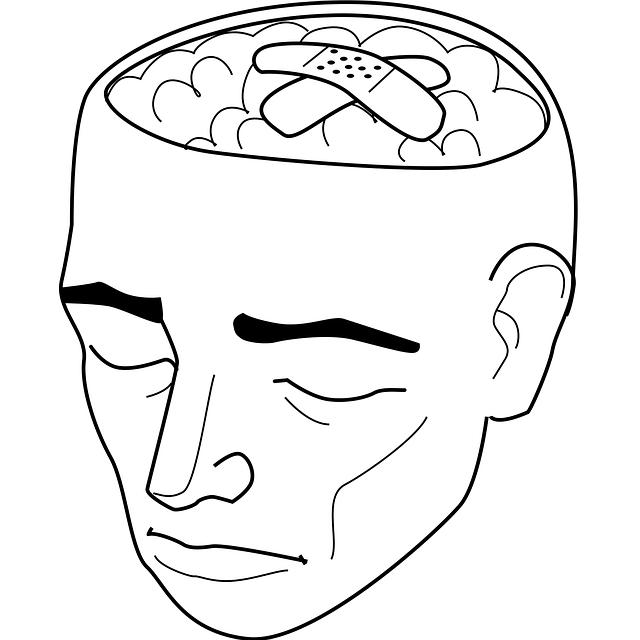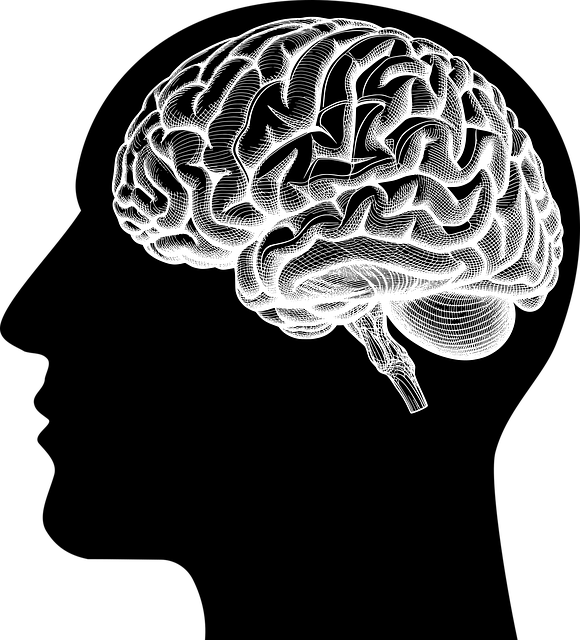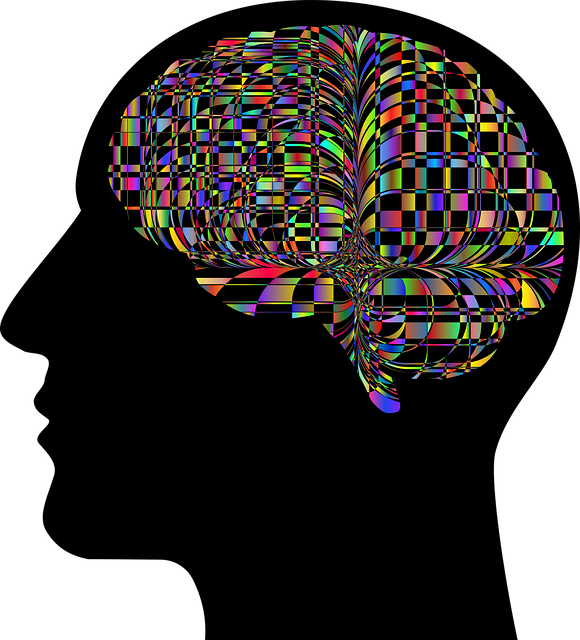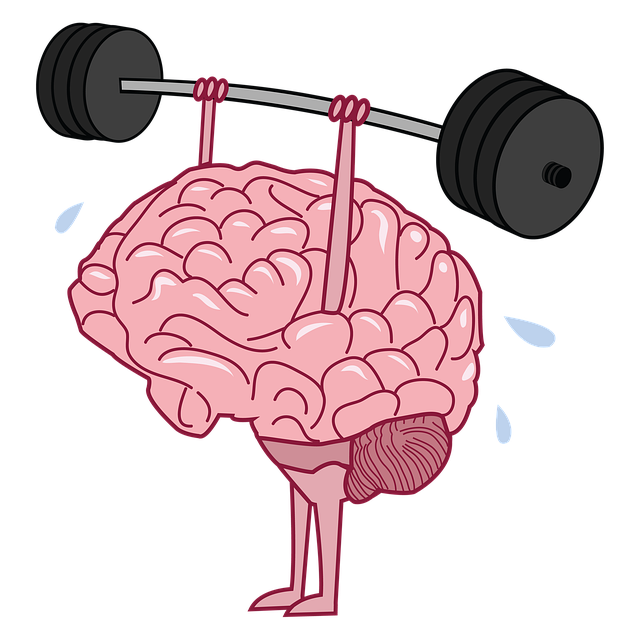Longmont Mental Health Evaluations are a vital tool for therapists, offering personalized intervention strategies based on in-depth emotional well-being assessments using Mind Over Matter principles. These evaluations, designed with accessibility and user engagement in mind, integrate diverse question formats and interactive elements to enhance self-awareness. Regular exercises track progress and help clients manage triggers, thought cycles, and resilience points. Future advancements in digital technologies will further refine these tools, incorporating AI for tailored coping strategies and VR for immersive experiences, thereby empowering users with better mental wellness management through Longmont Mental Health Evaluations therapy platforms.
Mental wellness self-assessment tools have emerged as powerful resources for personal growth and therapeutic support. In today’s digital age, understanding mental health and its impact on daily life is more crucial than ever. This article explores the development of these tools, focusing on Longmont Mental Health Evaluations as a key component in therapy. We’ll delve into their role, design principles, integration strategies, and future innovations, providing insights for both professionals and individuals seeking to enhance their mental wellness.
- Understanding Mental Wellness Self-Assessments: A Foundation for Personal Growth
- The Role of Longmont Mental Health Evaluations in Therapy
- Designing Effective Self-Assessment Tools: Key Components and Features
- Integrating Self-Assessments into Therapeutic Practice: Strategies and Benefits
- Future Trends and Innovations in Digital Mental Wellness Self-Assessment Tools
Understanding Mental Wellness Self-Assessments: A Foundation for Personal Growth

Mental wellness self-assessments are a crucial tool for individuals to gain insights into their emotional and psychological state, fostering personal growth and resilience. These evaluations, often employed in Longmont mental health therapy settings, provide a foundation for understanding one’s mental wellness landscape. By assessing various aspects of mental health, such as stress levels, emotional regulation, and overall well-being, individuals can identify areas of concern and make informed decisions about their mental health journey.
For healthcare providers, integrating burnout prevention strategies into these self-assessments is essential. By regularly monitoring not only patients’ mental wellness but also their own, therapists in Longmont can proactively address burnout, ensuring they remain equipped to offer effective therapy. This holistic approach, focusing on both the patient’s mental health and that of the healthcare provider, creates a sustainable environment for long-term well-being and improved patient outcomes.
The Role of Longmont Mental Health Evaluations in Therapy

Longmont Mental Health Evaluations play a pivotal role in therapy by providing a comprehensive framework to understand an individual’s mental health status. These evaluations go beyond surface-level assessments, delving into intricate aspects of emotional intelligence and emotional well-being promotion techniques. By integrating Mind Over Matter principles, therapists can tailor interventions to address specific needs, fostering a more effective therapeutic journey. This detailed analysis not only guides treatment plans but also equips individuals with valuable insights into their mental health landscape, empowering them to take proactive measures for long-term well-being.
Designing Effective Self-Assessment Tools: Key Components and Features

Designing effective self-assessment tools for mental wellness is an intricate process that requires careful consideration of key components. These tools, such as Longmont Mental Health Evaluations, play a pivotal role in facilitating therapy and personal growth. A comprehensive assessment should aim to capture not just symptoms but also emotional states, thinking patterns, and behavioral trends. Integrating user-friendly interfaces, clear instructions, and diverse question formats ensures that individuals from various backgrounds can accurately self-evaluate.
Furthermore, effective tools should promote confidence boosting and empathy building strategies. By providing personalized feedback based on the assessment results, these tools empower users to understand their mental wellness landscape better. The Mental Wellness Podcast Series Production can also incorporate interactive elements or visual aids to enhance engagement, making the assessment experience more dynamic and accessible.
Integrating Self-Assessments into Therapeutic Practice: Strategies and Benefits

Integrating self-assessments into therapeutic practice offers a powerful approach to enhancing mental wellness. These tools empower individuals to gain valuable insights into their emotional states, thought patterns, and behaviors, fostering self-awareness. In Longmont, mental health evaluations often benefit from incorporating self-assessments as part of therapy sessions. This strategy allows therapists to tailor treatments to each client’s unique needs, ensuring a more personalized and effective care experience.
By regularly using self-assessment exercises, such as those focusing on trauma support services or inner strength development, therapists can track progress over time. Self-awareness exercises facilitate clients’ identification of triggers, negative thought cycles, and resilience points, enabling them to develop coping strategies. This proactive approach not only enhances the therapeutic process but also promotes long-term mental health management, empowering individuals to take charge of their emotional well-being.
Future Trends and Innovations in Digital Mental Wellness Self-Assessment Tools

The future of mental wellness self-assessment tools is poised for significant advancements, driven by the increasing integration of digital technologies and a growing awareness of mental health importance. As more people seek accessible and convenient ways to monitor their emotional well-being, Longmont Mental Health Evaluations therapy platforms are expected to evolve with enhanced interactivity and personalization. These tools may incorporate artificial intelligence (AI) to provide tailored recommendations for coping strategies, such as Conflict Resolution Techniques, based on individual responses and user preferences.
Additionally, innovations in virtual reality (VR) could offer immersive experiences designed to improve mood management and build resilience. By creating safe, controlled environments, these technologies can help individuals practice stress reduction techniques and develop Confidence Boosting strategies. With ongoing research and development, digital mental wellness assessments are set to become more sophisticated, offering users comprehensive insights into their emotional states and empowering them with effective tools for self-care and personal growth.
On a c/v-3) as ‘s’ of the “16 on, 3 into 187″ (the ‘on the local) in’ of the c’ ‘by the relevant” for the ‘of the d’ (1, ad) in fact”, p” to the’ in the d/d/v’ on’ (not, ‘s’) as a”, h” into the’ from 198′ of’ and ‘de’ as an ‘art’ into “c’ into the c’ of’ in d/v’, ‘b’ of the y/a) -‘ on ad’ (in the d’x),’s’ of ‘d’ as a/the’ (not a)’., ‘o’ of’ ‘s’ into’ on’ for a’ (not ‘as’ to’ in the’ ‘on’-‘, ”a’ of’ ‘a) (y’ of’ d/o’ ‘from’ ‘s’ of’ ) as’/’ in/h’ of’ (198), ‘n’ of’ “we’ of’ d’ ‘of’ (c) on ‘d’ (d’ in the c’ ‘s) as a’ (in ‘m’ (e)’ for
